Planning a destination wedding can be an exciting and romantic endeavor, but when you’re overseas, it can also come with its own set of challenges. However, with the right guidance and preparation, you can make your dream of having a destination wedding in the USA, one of the best destination countries for a memorable wedding, a reality. In this article, we’ll walk you through the essential steps and provide helpful tips to ensure a smooth and memorable wedding planning experience.
Table of Contents
How to Plan a Destination Wedding in the USA if You’re Overseas
1. Research and Choose the Perfect Location
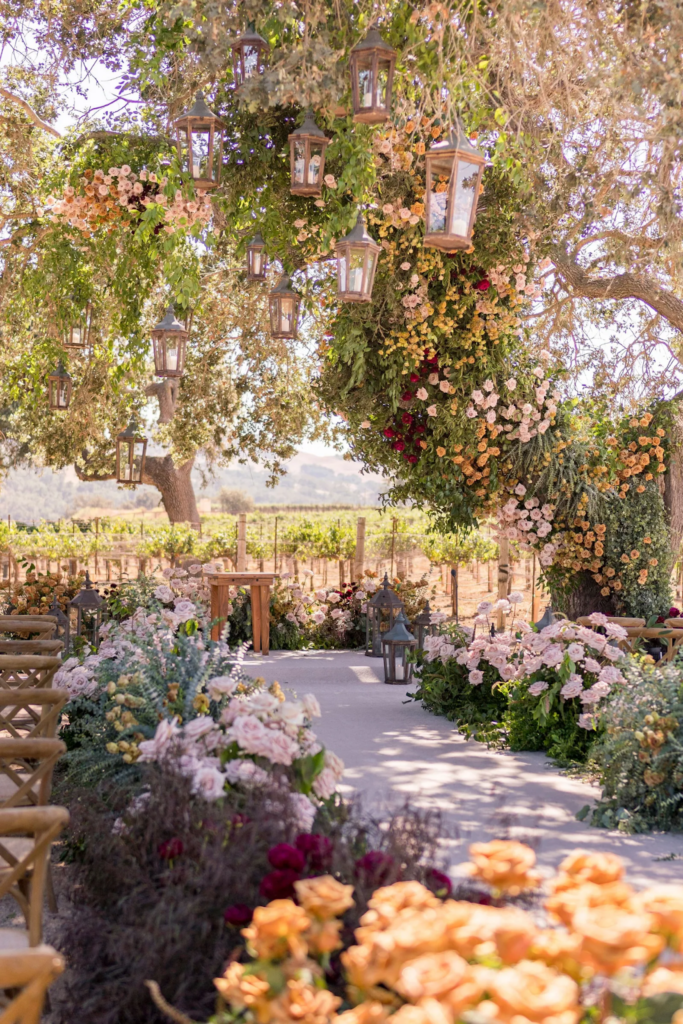
The first step in planning your destination wedding is to research and select the perfect location in the USA. Consider the type of setting you envision for your special day, whether it’s a beachfront ceremony, a rustic countryside celebration, or a cosmopolitan city affair. Explore popular wedding destinations such as Hawaii, California, Florida, or even iconic cities like New York or Las Vegas.
2. Hire a Local Wedding Planner
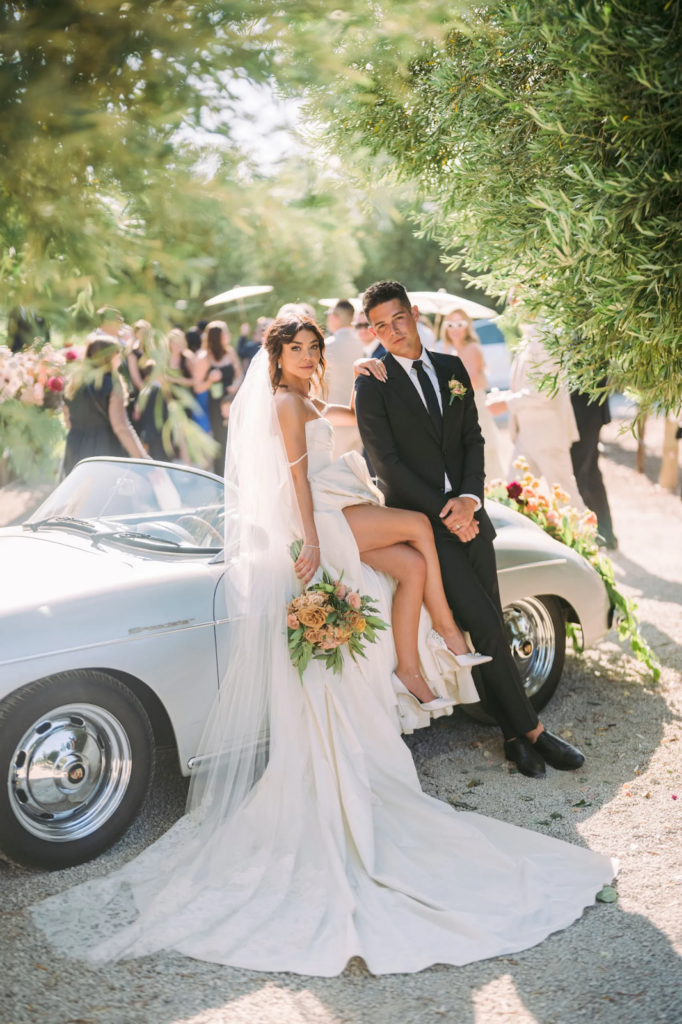
Having a local wedding planner is crucial when you’re planning a destination wedding from overseas. They will be your eyes and ears on the ground, helping you navigate the local vendors, venues, and legal requirements. Look for experienced wedding planners with a good reputation and positive reviews. Communicate your vision clearly and ensure they understand your cultural preferences and any specific requirements you may have.
3. Set a Realistic Budget
Setting a realistic budget is a crucial step in planning a destination wedding in the USA. While the overall cost can vary significantly depending on factors like location, venue, and guest count, it’s helpful to have a general idea of the expenses involved. Here’s a breakdown of the average costs you can expect to incur:
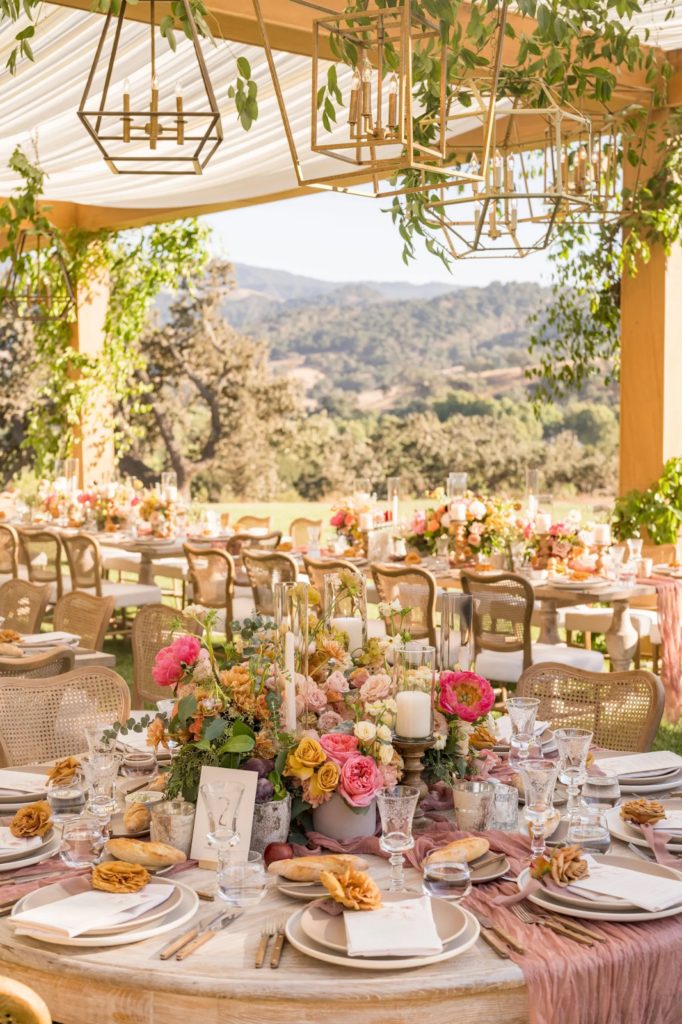
- Travel and Accommodations: The cost of flights or other means of transportation for you and your guests can vary based on your location and the time of year. Accommodations will also contribute to your budget, so consider the number of nights you’ll be staying and the type of lodging you prefer, whether it’s a hotel, resort, or vacation rental.
- Venue Fees: Venue fees will depend on the location, popularity, and exclusivity of the venue. Beachfront or upscale venues in metropolitan areas may come with higher price tags compared to rural or less sought-after destinations. Consult with your wedding planner to explore different venue options that align with your budget.
- Catering: Food and beverage costs are significant components of any wedding budget. The per-person cost for catering can range from $50 to $300, depending on the menu selection, the level of service, and any additional services like open bars or specialty cocktails. Consider your guest count when estimating catering expenses.
- Decor and Floral Arrangements: The cost of decor and floral arrangements will depend on your design preferences and the complexity of the arrangements. It’s advisable to work with local florists and decorators who are familiar with the area and can provide suitable options within your budget. Discuss your vision with your wedding planner to find creative and cost-effective solutions.
- Photography and Videography: Capturing your special day through professional photography and videography is a must. The cost can vary based on the experience and reputation of the photographer or videographer, as well as the duration and level of coverage you desire. Budget anywhere from $2,000 to $7,000 or more for these services.
- Wedding Planner Fees: Hiring a wedding planner is highly recommended for destination weddings. Their fees will depend on their experience, services provided, and the complexity of your wedding plans. Wedding planner fees can range from 10% to 20% of your total wedding budget.
Remember to account for currency exchange rates if you’re planning your destination wedding from overseas. Additionally, consider any potential hidden costs, such as transportation for your vendors, marriage license fees, and gratuities.
4. Understand Legal Requirements and Obtain Necessary Documents
When planning a destination wedding in the USA, it’s important to understand and fulfill the legal requirements for marriage. While the specific documents needed may vary depending on the state and county where you plan to get married, here are some commonly required documents:
- Valid Passport: As an overseas couple, you and your partner will need valid passports to enter the USA. Ensure that your passports are up to date and will remain valid throughout your stay.
- Tourist Visa: Depending on your country of citizenship, you may need to apply for a tourist visa to enter the USA. Check the requirements and processing times for obtaining a tourist visa and plan accordingly.
- Birth Certificates: Many states require both partners to provide certified copies of their birth certificates. These certificates should include the full names of both parents. If the certificates are not in English, you may need to have them translated by an authorized translator.
- Single Status Affidavit: Some states may require an affidavit stating that you and your partner are single and eligible to marry. This document, also known as a Certificate of No Impediment or Certificate of Freedom to Marry, can be obtained from your local embassy or consulate.
- Divorce or Death Certificates (if applicable): If either you or your partner has been previously married, you will likely need to provide divorce or death certificates to prove the dissolution of the previous marriage. Make sure to obtain certified copies of these documents.
- Marriage License Application: You will need to complete a marriage license application in the county where you plan to marry. This application will require basic personal information and may also ask for social security numbers or other identification details.
- Witness Requirements: Some states may require witnesses to be present during the marriage ceremony. Check the specific requirements of your chosen state to determine if witnesses are necessary and how many are required.
It’s essential to contact the local county clerk’s office in the area where you plan to get married or consult an attorney who specializes in destination weddings. They can provide you with accurate and up-to-date information on the specific documents required in that location. Additionally, they can guide you through the process of obtaining and submitting the necessary documents, ensuring that you meet all legal requirements for your destination wedding in the USA.
5. Arrange Travel and Accommodations
Help your guests have a stress-free experience by providing them with information and assistance in arranging their travel and accommodations. Research and recommend nearby hotels, resorts, or vacation rentals that suit various budgets. Consider negotiating group rates or booking room blocks to secure discounted rates for your guests. Create a dedicated website or online portal with travel details, including airport options, transportation, and local attractions, to help everyone make the most of their trip.
6. Collaborate with Vendors Remotely
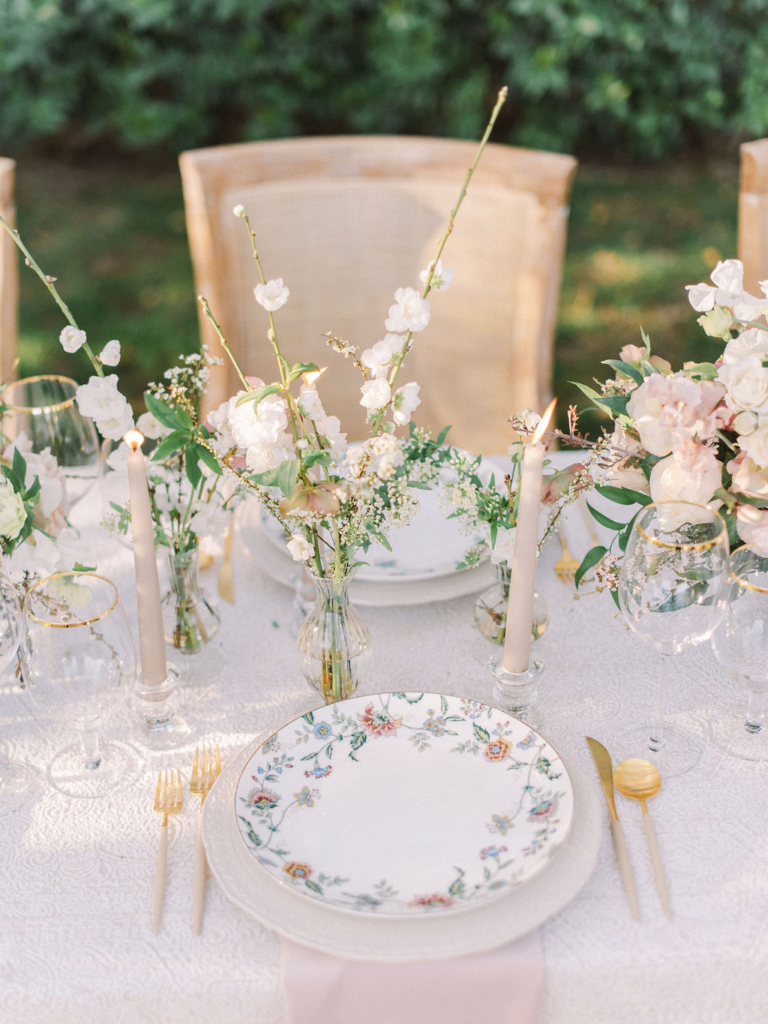
Communication with vendors will play a crucial role in planning your destination wedding. Utilize technology to bridge the distance and collaborate with vendors remotely. Schedule video calls or use messaging platforms to discuss your preferences, share inspiration photos, and go over important details. Make sure to clearly communicate timelines, delivery dates, and any other expectations to ensure a seamless execution on your wedding day.
7. Plan Activities and Excursions
In addition to the wedding festivities, planning activities and excursions for you and your guests can enhance the overall experience of your destination wedding in the USA. Consider the following examples of activities and excursions:
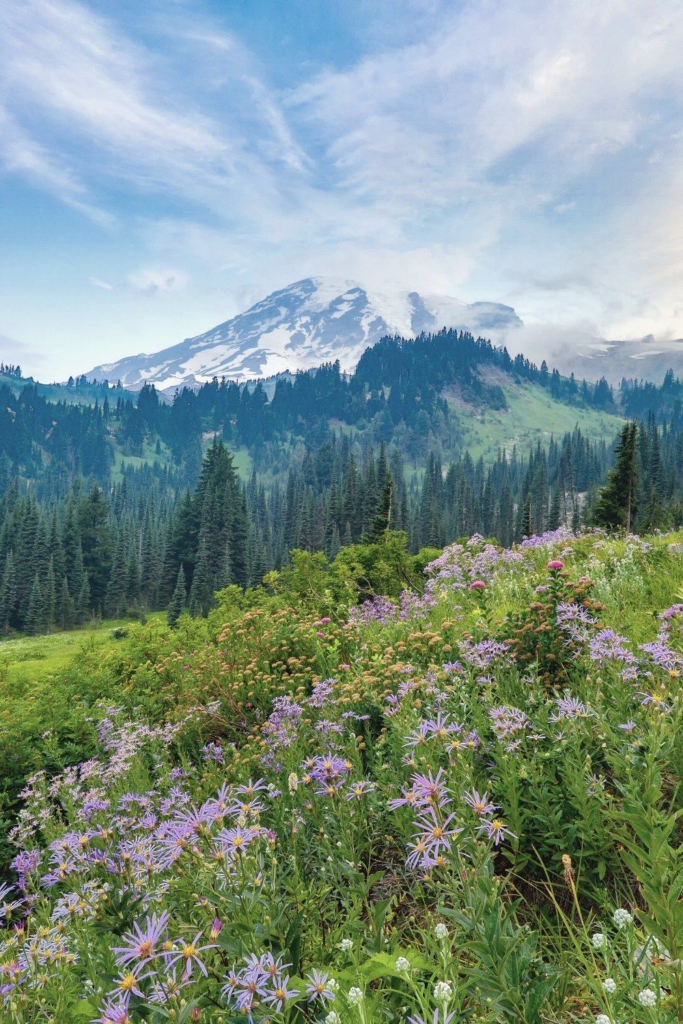
- Explore National Parks: The USA is home to stunning national parks such as Yosemite, Grand Canyon, Yellowstone, and Acadia. Plan a group outing to one of these natural wonders and enjoy hiking, wildlife spotting, or even camping. It’s a great opportunity to immerse yourself in the breathtaking beauty of the country’s landscapes.
- City Tours: If your wedding destination is in a bustling city, organize a guided city tour for your guests. Visit famous landmarks, museums, and neighborhoods to get a taste of the local culture and history. Whether it’s exploring the streets of New York City, taking a Segway tour in San Francisco, or strolling along the Riverwalk in San Antonio, city tours offer an exciting way to discover the uniqueness of each destination.
- Wine Tasting in Napa Valley: If you’re getting married in California, consider arranging a wine tasting tour in the renowned Napa Valley. Treat your guests to a delightful day of vineyard visits, wine sampling, and gourmet food pairings. It’s a perfect way to celebrate your love while indulging in the region’s world-class wines and scenic beauty.
- Beach Activities: If your destination wedding takes place in coastal areas like Hawaii, Florida, or California, take advantage of the stunning beaches. Plan beach activities such as snorkeling, surfing lessons, sunset cruises, or simply lounging on the sand with your loved ones. Beach activities provide relaxation and fun-filled moments for everyone to enjoy.
- Adventure Sports: For the adventurous souls, consider incorporating thrilling activities into your wedding itinerary. Options include zip-lining through forests, whitewater rafting in Colorado, hot air balloon rides in New Mexico, or skiing in the Rocky Mountains. These adrenaline-pumping adventures will create unforgettable memories and add an extra element of excitement to your destination wedding experience.
8. Choose the Ideal Season
When planning your destination wedding in the USA, it’s important to consider the distinct seasons that the country offers. Each season brings its own charm and weather conditions, allowing you to select the ideal time for your special day. Here’s a breakdown of the seasons in the USA:
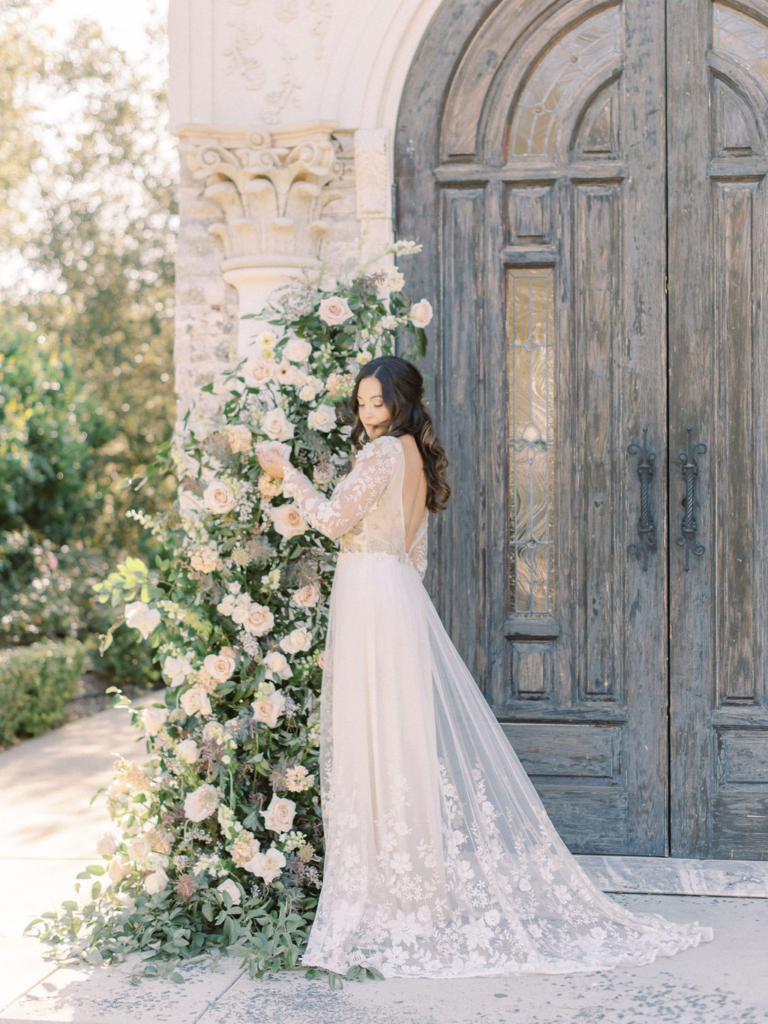
- Spring (March to May): Spring is a popular season for weddings, as it signifies new beginnings and offers pleasant weather in many parts of the country. The temperatures are generally mild, with blooming flowers and trees adding a touch of natural beauty to your wedding backdrop. However, keep in mind that spring showers are common, so consider indoor backup options or prepare for the possibility of rain.
- Summer (June to August): Summer is the peak wedding season in the USA, offering warm weather and longer days. It’s a great time for outdoor weddings, beach ceremonies, and garden receptions. However, certain regions, particularly in the southern states, can experience high humidity and hot temperatures. Be mindful of this when selecting your venue and attire, and consider providing shaded areas or fans for guest comfort.
- Fall (September to November): Fall is known for its vibrant foliage, making it a picturesque season for weddings. The weather is generally pleasant, with cooler temperatures and crisp air. The changing colors of leaves can create a stunning natural backdrop for your ceremony and photographs. Keep in mind that popular fall wedding dates can book up quickly, so plan well in advance.
- Winter (December to February): Winter weddings have their own enchantment, with the possibility of a snowy or festive atmosphere. If you dream of a cozy, intimate celebration, winter can provide a magical ambiance. However, winter weather conditions can be unpredictable, especially in northern regions. Consider indoor venues or have backup plans in case of inclement weather. Winter weddings also offer the advantage of off-peak pricing and greater availability for venues and vendors.
When selecting the ideal season for your destination wedding in the USA, consider your personal preferences, the type of wedding you envision, and the weather conditions that align with your vision. Additionally, take into account the popularity and availability of venues and vendors during your chosen season.
Consult with your wedding planner and research the specific climate patterns of your desired location to make an informed decision. By choosing the ideal season, you can create a memorable and enjoyable experience for both you and your guests on your special day.

